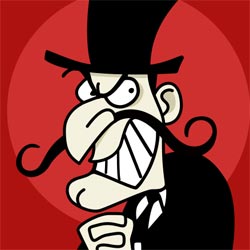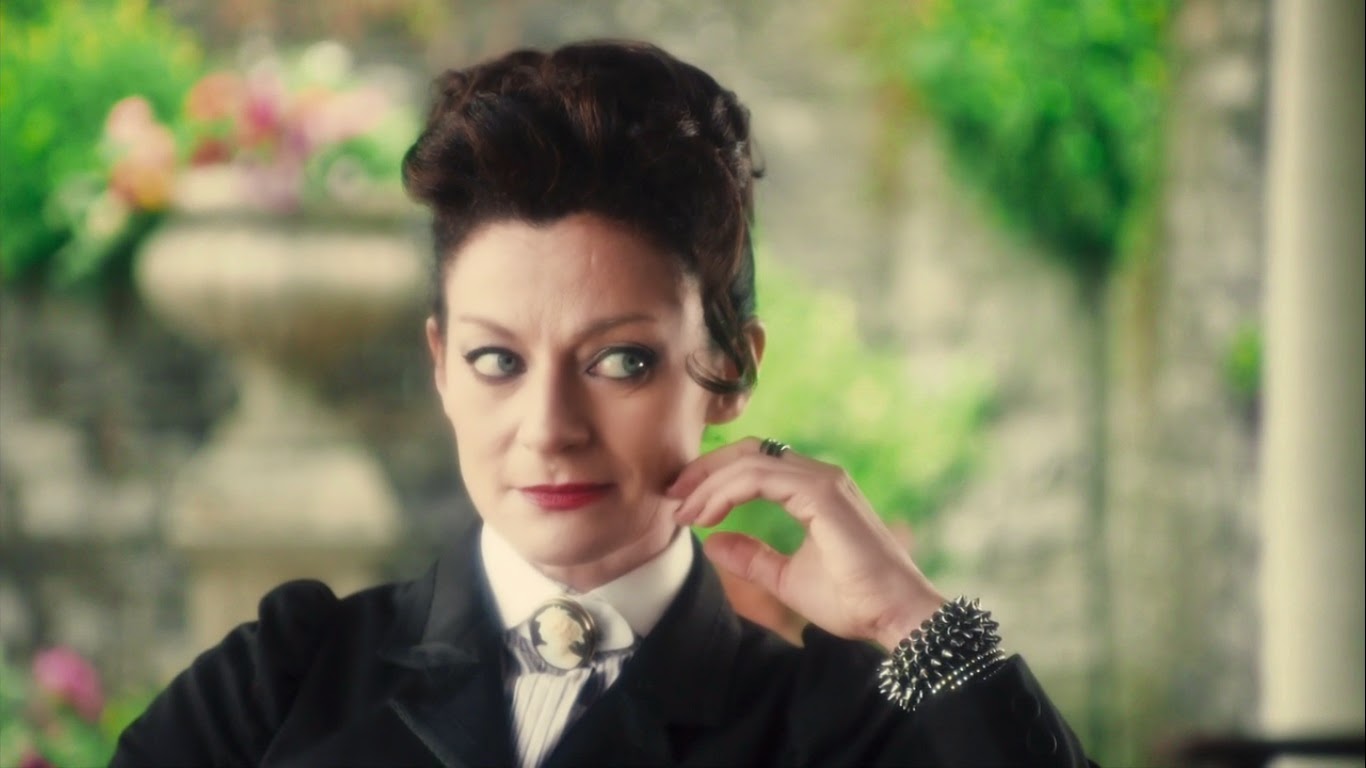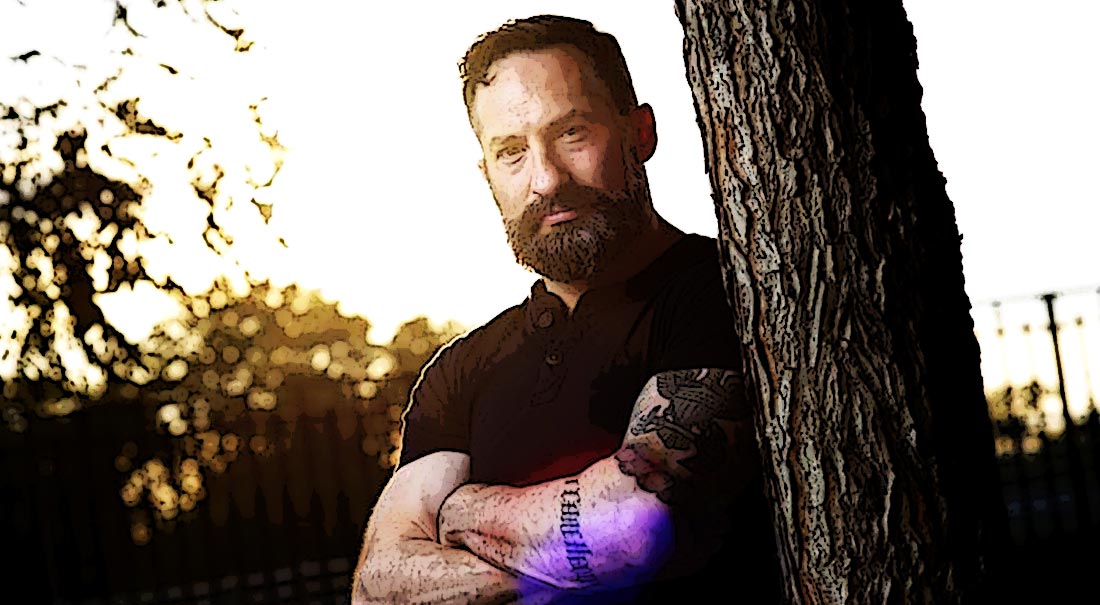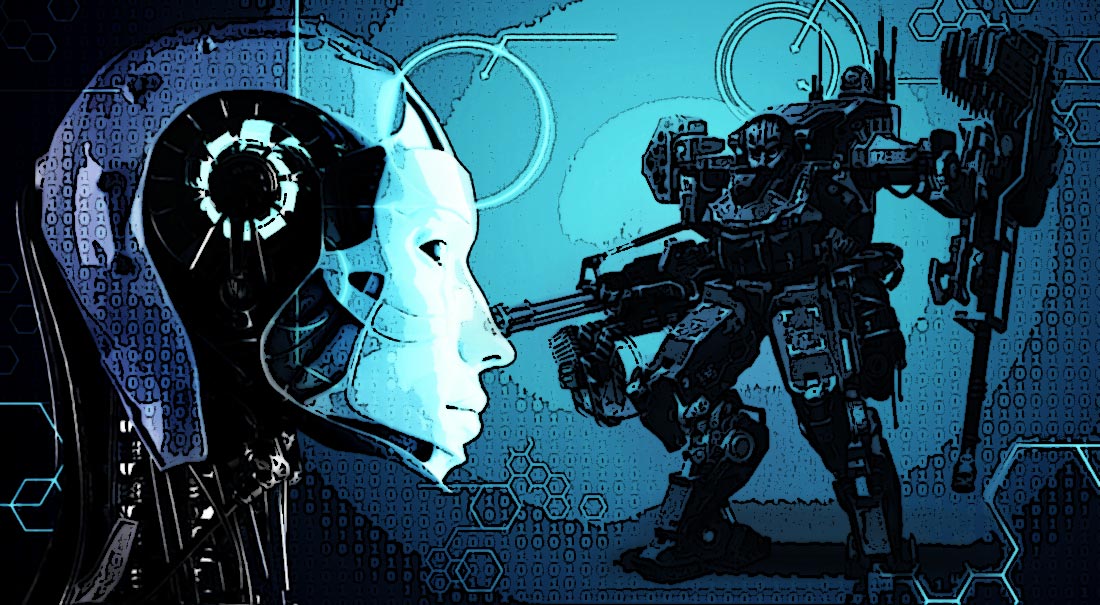 [This is part one of a two-part presentation. You can listen to part two here…]
[This is part one of a two-part presentation. You can listen to part two here…]
Back in January, Ben Delano (certified Wandering Alchemist being just one of his many talents) made the scene at ConFusion 2013. He had a mission: unearth as much Literary Gold as he possibly could. He was armed with a microphone and a question:
What is the ideal antagonist?
We’re delighted to have the chance to share the responses he brought back! Of course, he brought back so much Gold we had to break it up into two episodes, but that’s never a bad thing.
In this episode we hear from Saladin Ahmed, Peter V. Brett, Myke Cole, Carrie Harris, Jim C. Hines, and Kat Howard!
Your Ideal Protagonist: Perspectives from ConFusion 2013 (pt I of II)
[caution: mature language – listener discretion is advised]
Podcast: Download (Duration: 28:06 — 19.3MB)
Subscribe: RSS
Check out this and all our episodes on iTunes and on Stitcher Radio!
Featured on this episode…

Saladin Ahmed
Website: saladinahmed.com
Twitter: @saladinahmed

Peter V. Brett
Website: petervbrett.com
Twitter: @pvbrett

Myke Cole
Website: mykecole.com
Twitter: @mykecole

Carrie Harris
Website: carrieharrisbooks.com
Twitter: @carrharr

Jim C. Hines
Website: jimchines.com
Twitter: @jimchines

Kat Howard
Website: strangeink.blogspot.com
Twitter: @katwithsword







A well rounded antagonist who is connected to the protagonist is a powerful way to tell a story, but it is not the only way.
For example “Lord of the Rings”
Was Sauron a fully developed character? No, he was just “the Dark Lord of Mordor”.
Was he antiquated with Frodo? Their only connection was The One Ring which Frodo’s uncle “found” somewhere.
I will concede that a well written antagonist is an effective storytelling tool, but like any tool it has it’s time and place.
You’re right, Peter… especially in tales where nature is the “antagonist”, there is no personal association or acquaintance. But I personally prefer there to be SOME kind of resonance that give the struggle meaning and relevance.
And I’m not so sure Sauron is the antagonist for Frodo’s story arc. Using what we learned from Lou Anders, consider what Frodo wants and who or what is keeping him from it?
If what Frodo wants is to fulfill his objective and return home whole and intact. Then Gollum/Smeagol would be his antagonist… if Gollum can’t be redeemed, then Frodo is doomed to fall under the power of the Ring.
If Frodo just wants to stay home and be a hobbit, then Gandalf is his antagonist, pushing him out the door as he did with uncle Bilbo.
Really, it comes down to what does your character truly want and then what/who is preventing that.
It is ok for you to prefer stories where there is resonance between the protagonist and the antagonist, as long as you remember it is a personal preference and not a universal truth.
As far as LotR goes, I actually subscribe to the theory that “The One Ring” was an intelligent magic item with an Ego score (a la D&D). So the antagonist is actually The One Ring itself, but that is a much longer discussion.